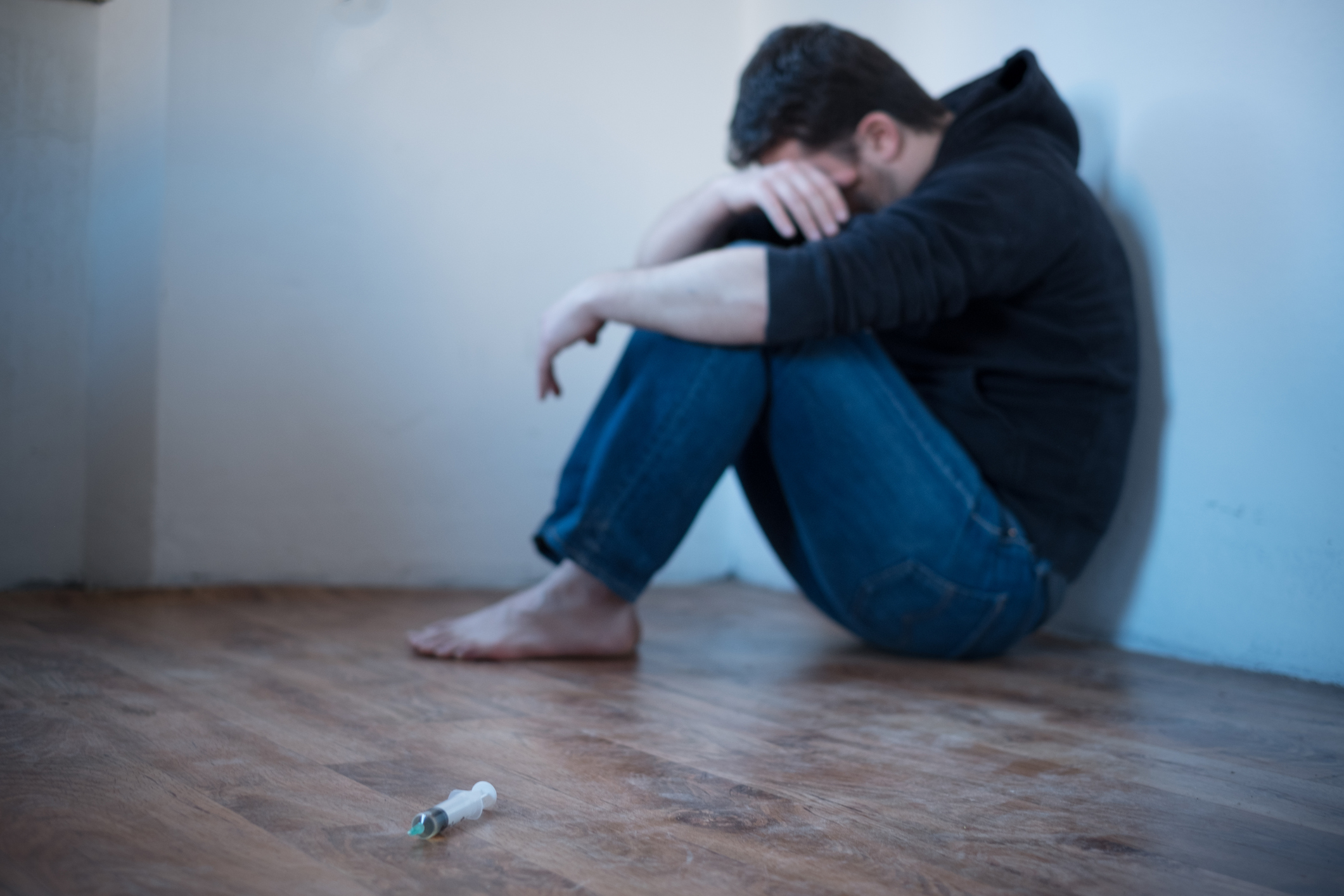The most effective treatment for drug addiction is prevention. But to learn how to prevent drug abuse, it’s crucial to understand how it all begins.
Maybe it started with back pain, and your doctor prescribed you some painkillers to make you more comfortable. Or maybe you were having trouble sleeping, so your friend offered a few of her pills to help you calm your nerves. It didn’t seem like a big deal at the time, but before you knew it, you started taking more than you needed, every day of the week. Occasional use became regular use, and now you’re dealing with a full-blown drug addiction.
All too often, an impulsive decision can become the catalyst for a lifetime of struggle. The most effective treatment for drug addiction is prevention. But to learn how to prevent drug abuse, it’s crucial to understand how it all begins.
How does drug abuse start?
Most of the time, addiction comes on gradually, and the beginning can often be traced back to adolescence. Experimenting with prescription or over-the-counter drugs is a way for teens to endear themselves to their friends, or to experience something new and potentially euphoric. As harmless as the term “recreational drug use” sounds, the results can be devastating, as it often leads to drug abuse and addiction.
Not everyone begins as a teen, though. Many adults begin by taking drugs that are prescribed for them or given to them by a friend to address pain, sleeplessness, or other conditions. But because opioids and other prescription drugs often produce feelings of euphoria, many people continue to take them for the high and develop physical dependence, increased tolerance, and addiction. Others develop addiction to over-the-counter medications after taking them for reasons other than their intended usage, such as to lose weight, to stay alert, or to get high. As their tolerance grows, they need larger doses of the drug to achieve the same effect, creating a destructive dependency.
What are the risk factors for drug abuse?
Not everyone who takes drugs will become addicted to them. However, there are some factors that may increase the risk of drug abuse.
- Family history. People whose family members have struggled with drug or alcohol abuse may have a genetic predisposition to addiction. They may also have learned these behaviors from those who’ve raised them.
- Easy access. Having a doctor who freely prescribes potentially addictive medications, or having a friend or family member who shares their prescriptions, increases the risk of drug abuse.
- Mental illness. Drugs are often used to self-medicate the symptoms of mental health disorders such as bipolar disorder or depression. When using these substances to cope with daily life drug abuse and addiction become more likely.
- Lack of support. Without the emotional support of loving friends and family members, it’s easier to fall prey to the trap of addiction.
How can drug abuse be prevented?
It’s virtually impossible to prevent someone else from doing drugs. But there are ways to create an environment that supports sobriety to stop drug addiction before it starts.
- Early screening. Evaluating the risk factors for drug abuse creates awareness, allowing you to develop strategies for early intervention.
- Using medication as directed. It’s crucial to always take medication – both prescription and over-the-counter – exactly as indicated, and only for its intended purpose.
- Effective coping skills. Establish healthy ways to deal with stress and anxiety to avoid turning to drugs when the going gets tough.
- Treatment for underlying illness. Since drug addiction often co-occurs with mental health disorders, providing proper treatment reduces the risk of self-medicating with illicit drugs.
What are signs of drug abuse?
Sometimes, prevention strategies aren’t enough. If you suspect you or a loved one is struggling with drug abuse, here are some of the symptoms of drug abuse to look out for:
- Depression, irritability, and mood swings
- Drastic changes in habits or behaviors
- Financial problems
- Poor performance at work or school
- Sudden weight loss
- Bruises or skin infections
- Glazed eyes and dilated pupils
The earlier you identify the problem, the sooner you can seek treatment. And early treatment can create more successful outcomes.
Alvarado Parkway Institute offers treatment for drug abuse
For over thirty-five years, Alvarado Parkway Institute has been providing San Diego with caring and comprehensive treatment for drug addiction. Our inpatient and outpatient programs are tailored to the needs of each individual patient, and our team of dedicated professionals provides a safe environment for detox, rehab, and recovery.
Whether this is your first time seeking treatment, or you’ve been struggling with addiction for years, Alvarado Parkway Institute can help. It’s never too late to make a change. Call our 24-hour crisis line at (619) 667-6125 and get help today.

